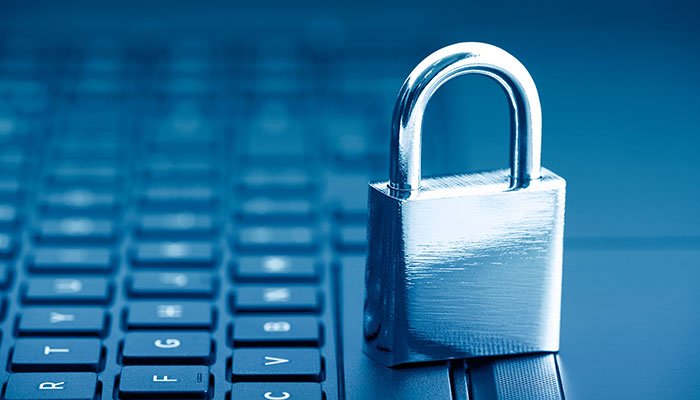Wire Fraud
This Notice is not intended to provide legal or professional advice.
If you have any questions, please consult with an attorney.
Title Companies, Mortgage Lenders, Real Estate Professionals, Closing Attorneys, Buyers and Sellers have all become targets for wire fraud in the last few years and many have lost hundreds of thousands of dollars because they simply relied on wire instructions received via email, without further verification.
A fraudster will hack into a participant's email account to obtain information about upcoming real estate transactions. After monitoring the account to determine the likely timing of a closing, the fraudster will send an email to the Buyer/Seller purporting to be the escrow agent or another party to the transaction. The fraudulent email will contain new wiring instructions and will request that the Buyer sends funds to a fraudulent account.
If you are a Buyer, and you receive an email from our office with wire instructions, always contact the office, using an independently obtained phone number, to verify the wire instructions. Never wire funds without verbally verifying the same. In addition, our wire instructions will always come encrypted via a secure email, and they will never change.

In addition, the following non-exclusive self-protection strategies are recommended to minimize exposure to possible wire fraud.
- NEVER RELY on emails purporting to change wire instructions. We will never change wire instructions in the middle of your transaction.
- ALWAYS VERIFY wire instructions, specifically the ABA routing number, account holder name and account number, by calling the party who sent the instructions to you.
- DO NOT use the phone number provided in the email containing the instructions, use phone numbers you have called before or can otherwise verify. Obtain the number of your real estate agent, real estate broker and your escrow officer as soon as an escrow account is opened.
- DO NOT send an email to verify as the email address may be incorrect or the email may be intercepted by the fraudster.
- DO NOT forward wire instructions to other parties without first verbally verifying them
- USE COMPLEX EMAIL PASSWORDS that employ a combination of mixed case, numbers, and symbols. Also, change your password often and do NOT reuse the same password for other online accounts.
- DO NOT download email attachments without verifying the identity of the sender. Many computer viruses that hack into the email accounts come from downloads.
- DO NOT visit suspicious websites from computers or devises that you use for private matters, banking, or emails.
- USE MULTI-FACTOR AUTHENTICATION for email accounts. Your email provider or IT staff may have specific instructions on how to implement this feature.
For more information on wire fraud, please refer to the following links:
Federal Bureau of Investigation: http://www.fbi.gov
Internet Crime Center: http://www.ic3.gov
